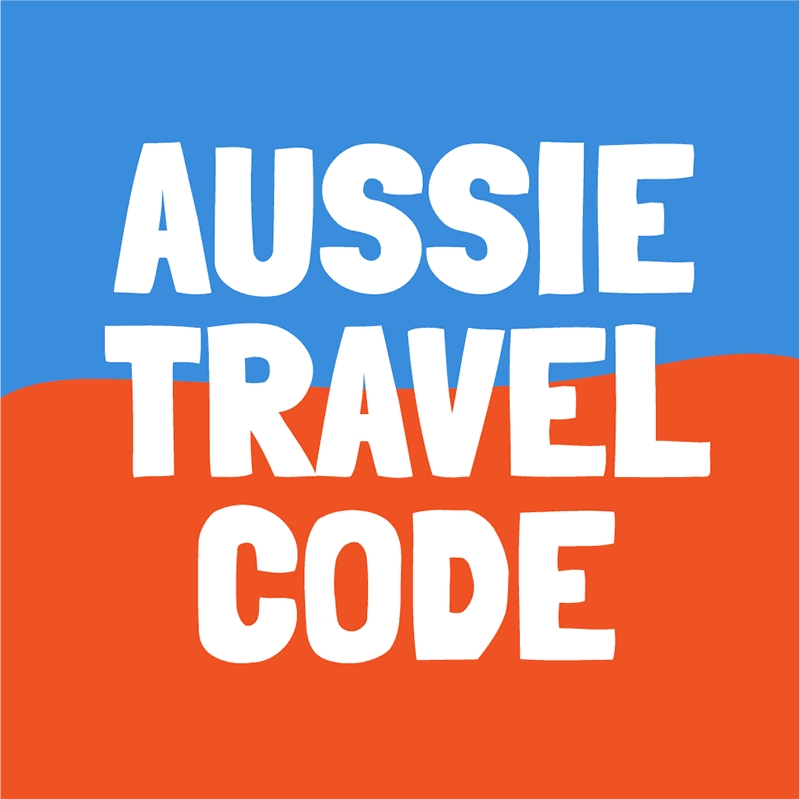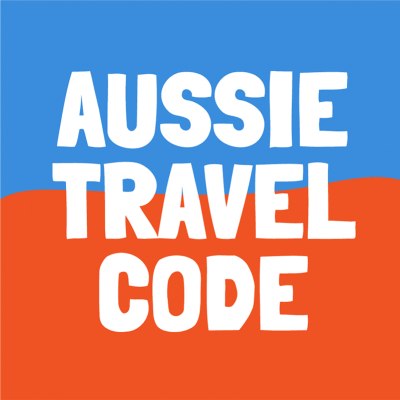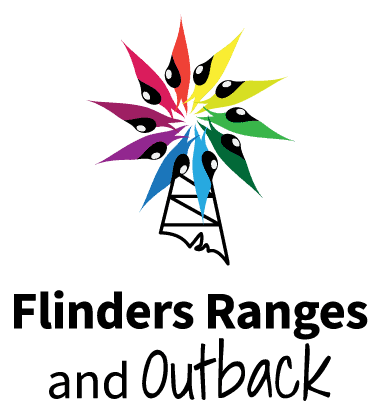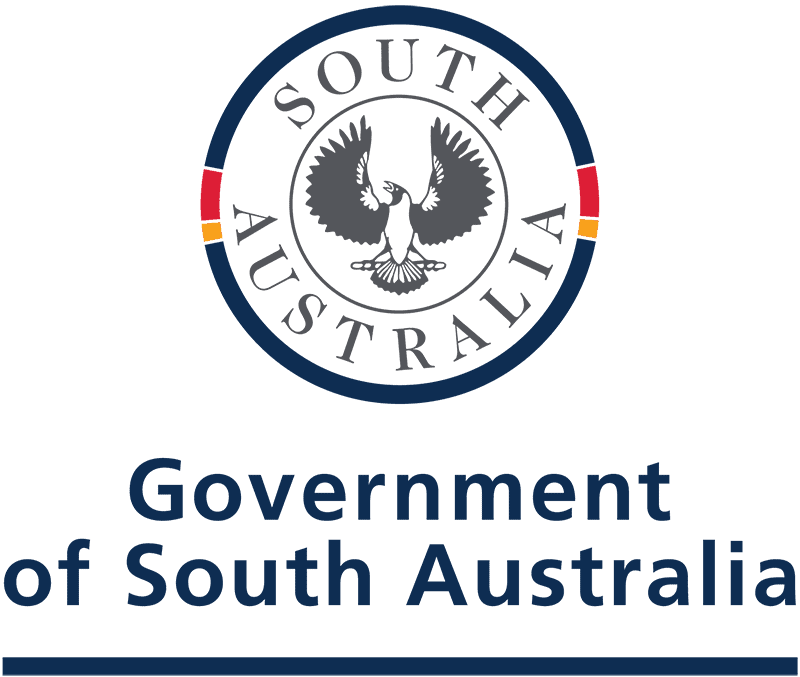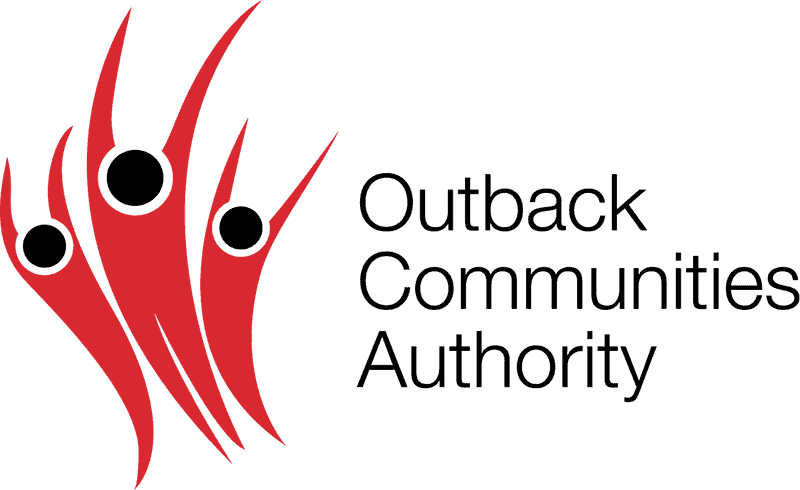Essential Preparation Advice for the Flinders Ranges and Outback
Where to find essential resources and the local advice you need to know before you leave.
What is this?
The Aussie Travel Code was created to promote safe, sustainable and respectful travel to regional and remote destinations. We work closely with locals so that we can provide helpful, accurate advice to travellers, so you can get the most out of your trip.
Flinders Ranges and Outback Travel in 2023
Join the increasing number of travellers who have fallen in love with the rugged natural beauty, world-class outdoor adventures and fascinating cultural history of the Flinders Ranges and South Australian Outback. Outback travel can include unfamiliar conditions and dangers, but it delivers spectacular rewards to those who are safe, prepared and respectful.
The key to an amazing trip? Preparation.
Understand the risks and responsibilities well before you arrive in the Outback. Prepare to be flexible, and the rest of your trip will be a dream.
Here are some tips from the locals who would love to welcome you to this awe-inspiring region. Under each topic you’ll find links to trusted resources that will help you get prepared well in advance, and arrive well equipped for a safe, enjoyable journey.
Prepare Before You Leave
Route Planning
"Build some flexibility into your schedule when you plan your route. Your experience will be safer and more enjoyable. Just slow down and settle into outback time."
"You'll be amazed by the hidden gems you find along the way. Build in extra time so you can stay a bit longer in the locations that surprise you."
"Always have a Plan B route in case you run into a road closure or weather event. Anything you miss out on will be here for your next trip."
Resources:
- Travel Recommendations - Flinders Ranges and Outback
- Road Trip Tools - Flinders Ranges and Outback
- Follow the Aussie Travel Code - Flinders Ranges and Outback
- Remote Area Travel Information - National Parks SA
Access Permits
"It's all good to roll out a swag and sleep under the stars but just because it's a remote location, that doesn't mean it's open to the public. Everywhere in Australia belongs to someone. A lot of campers are accidentally damaging pastoral land because they don't realise they're on private property. Stick to designated station stays and campsites, and organise permission in advance."
Resources:
Vehicle Preparation
"Know your car. Plenty of places are accessible even by 2WD, but you'll need to understand the limits of your vehicle and how to drive to the conditions."
"If you don't have a lot of 4WD experience, book a lesson with one of the station stays. You'll have a blast on some amazing private tracks, and you'll learn skills to stay safe on the Outback tracks and roads."
Resources:
- Vehicle Preparation 101 - The Outback Loop
- Driver Safety - Flinders Ranges and Outback
- Road Closures and Conditions
Supplies
"Carry water. Plenty of water! If you're crossing the Simpson, carry fuel too."
"There are long stretches between public toilets, so make sure you pack a shovel and toilet paper and you know what to do. Bio-waste needs to be buried well, or you can use a sealed container to store it until you find an appropriate facility to dispose of it."
Resources:
- Bio-Waste | What if I can't find a public toilet? - Aussie Travel Code for Flinders Ranges and Outback
- Rubbish | Where can I put it? - Aussie Travel Code for Flinders Ranges and Outback
- What to Pack for Your Outback Road Trip - The Outback Loop
- What You Need to Know for Your Outback Road Trip - Flinders Ranges and Outback
Communication
"Always travel with a satellite phone or UHF Radio. You won't be able to rely on phone or wifi signals, even at short distances from town centres. People find themselves in dangerous situations which can be easily avoided if they carry the right equipment."
Resources:
- 4WD Tracks and Repeater Towers - Outback Communities Authority
Road Closures
"If you come across a road or trail closure, it's closed for a good reason. Do not drive around the signs. Take another route."
Resources:
- Road Reports - Flinders Ranges and Outback
- Road Closure Updates - SA Police
Weather
"The Outback can get hotter than you would expect, and colder than you would expect. Research the timing of your visit really well, because if you haven't packed appropriately it can be hard to find a shop at short notice."
"Research seasonal conditions and bookmark the weather sites so you can keep an eye out daily. The locals often know about changing conditions before the news and websites are updated, so slow down for a friendly yarn and we'll let you know if there's anything you need to keep an eye on."
Resources:
- Weather Updates - Flinders Ranges and Outback
- Where to Find Road, Weather and Outback Travel Updates - The Outback Loop
Safety/Emergency
"Emergency contacts need to be written down and stored in multiple offline places. Easy to forget, but you'll be grateful if you need them and the bookmarked website isn't loading."
Resources:
- Emergency numbers and breakdown assistance - Flinders Ranges and Outback Emergency Services
- Bushfire Updates: CFS - https://www.cfs.sa.gov.au/home/
Remember:
In the case of a breakdown in the outback, do not leave your vehicle.
The Outback's natural environments can be equal parts fragile and dangerous, so it's essential to understand how to manage potential risks and responsibilities.
We're here to help!
Follow the Aussie Travel Code advice and you'll have a safe and enjoyable trip in this incredible part of Australia.
Check out the Aussie Travel Code for the Flinders Ranges and South Australian Outback.
